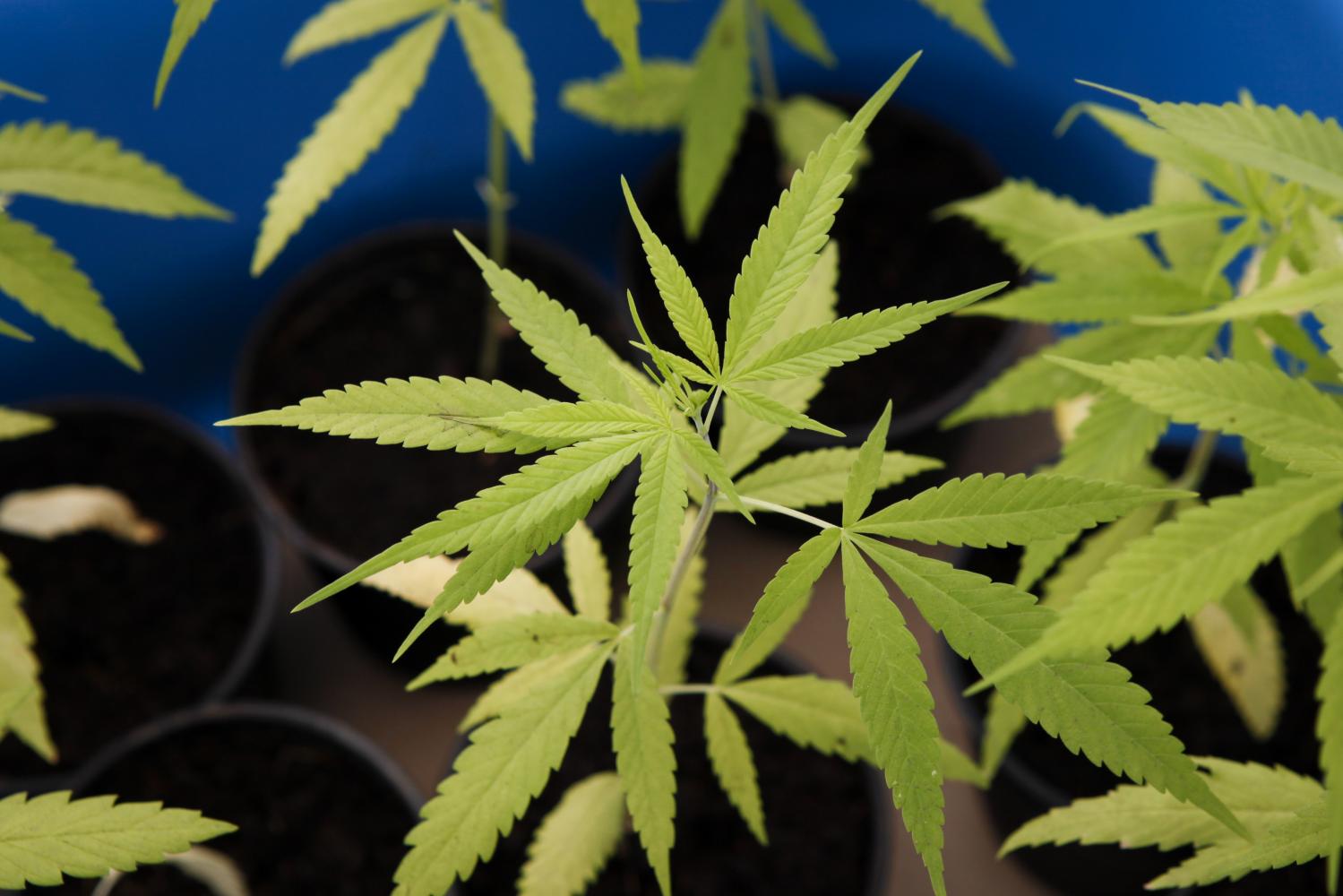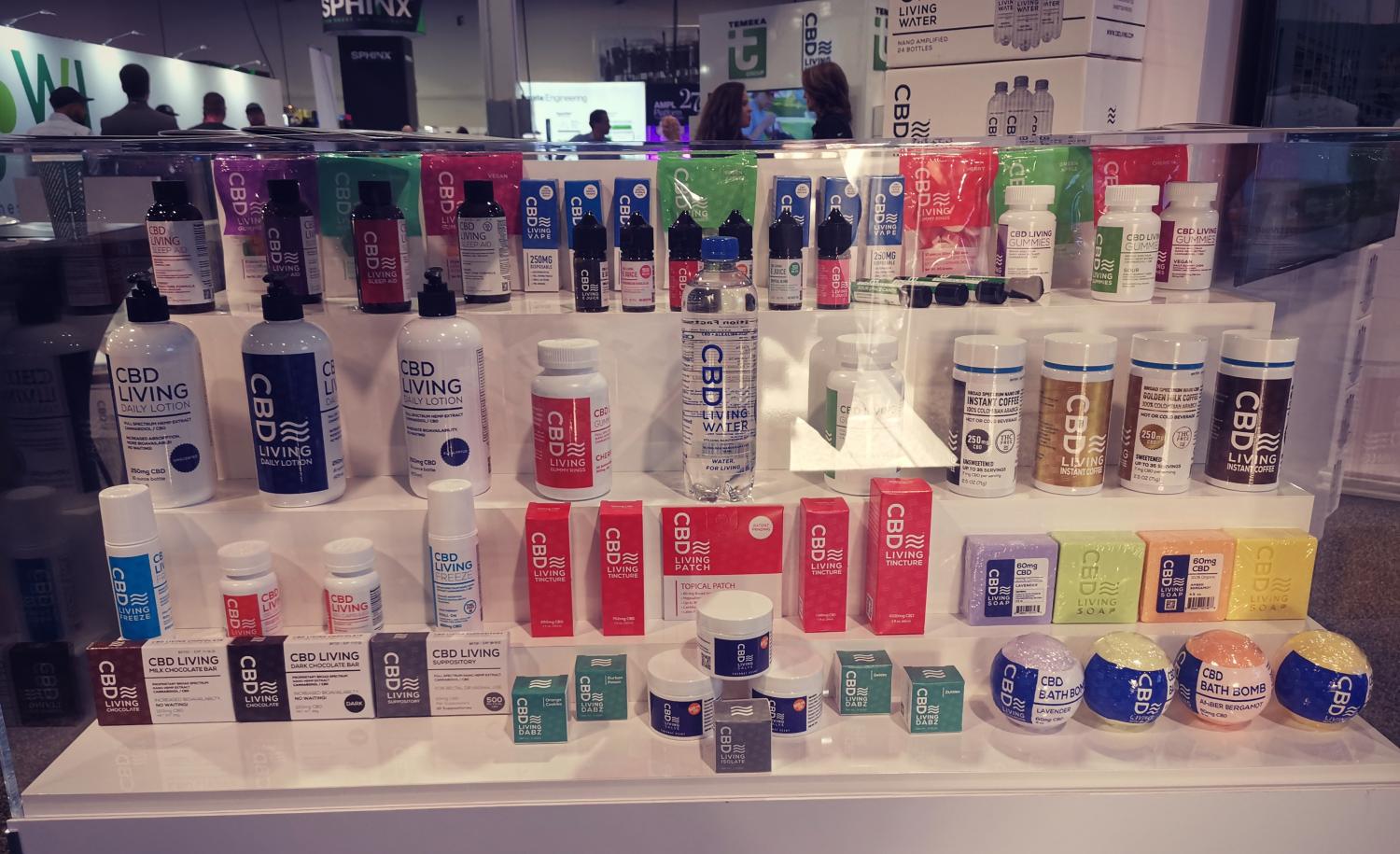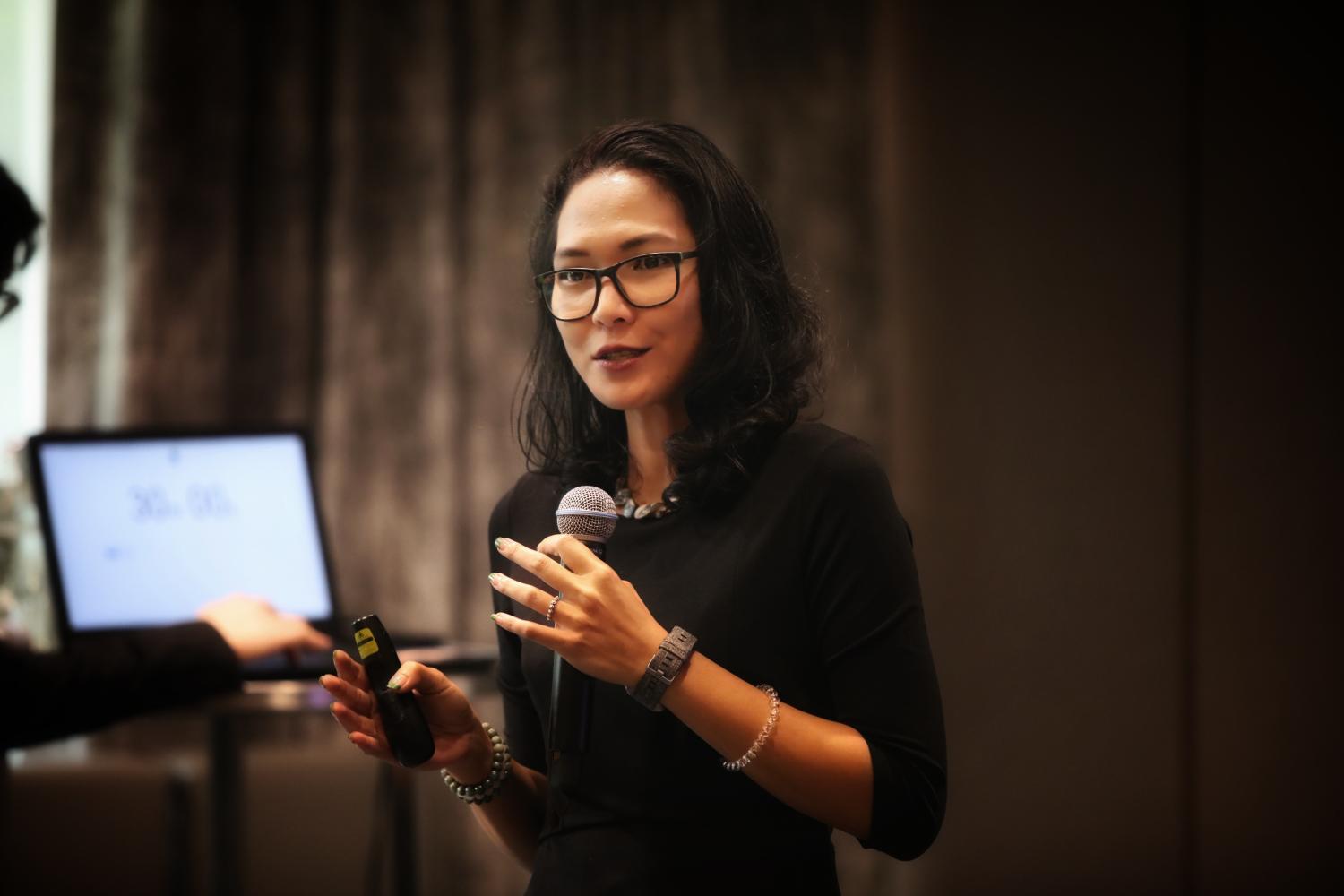
Attitudes toward marijuana are starting to change in Southeast Asia. In some countries there is increasing social acceptance, growing research interest, easing of regulations and even modest legalisation, with Thailand leading the way.
Two weeks ago the country opened its first full-time clinic offering cannabis-based medications, signalling the revival of a plant that served our ancestors for centuries before it became widely prohibited in the Western world in the 20th century.
To experts and entrepreneurs in Asean, there is huge untapped business potential from both marijuana and hemp. While legalisation of recreational marijuana is not going to happen in the region anytime soon, they are looking to make an industry out of medical marijuana and products from hemp and cannabidiol instead.
The good news is that governments are increasingly interested, and this is where the easing of regulations is going to help.
Thailand, which has long had a tradition of using cannabis to relieve pain and fatigue, legalised marijuana for medical use and research in 2017 as part of a plan to increase agricultural incomes. And in February last year the government removed cannabis and hemp extracts from its narcotics control list and proposed a draft law that would allow each household to grow six cannabis plants.
Four types of drugs, containing different combinations of cannabidiol (CBD), an essential component of medical marijuana derived directly from the hemp plant, and tetrahydrocannabinol (THC), the psychoactive ingredient in cannabis, are now being given to patients in Thailand to treat migraine, insomnia, neck pain and muscle stiffness. Nevertheless, cannabis remains a Narcotic Type 5, with steep penalties for its misuse.
The new law states that for the next four years, requests for a production or import and export licence are to be limited to government departments, hospitals and universities only. Nevertheless, the government is reviewing regulations to enable Thai businesses to apply for permits as well. At the same time, CBD with less than 0.3% THC can also be produced locally and used as a medical, herbal, food and cosmetic ingredient.
There are now more than 25 cannabis clinics attached to general hospitals around the country but, unlike the pilot clinic opened this month at the Ministry of Public Health, they operate for just a few days a week due to a lack of specialised staff.
The moves made by Thailand have gained a lot of international attention, especially from other regional countries where people are looking for an opportunity to join the green rush as well. They are aware that the potential market value of cannabis in Thailand could be more than US$660 million by 2024, according to a report by Elevated Estate, a Bangkok-based consultancy to the cannabis industry.
In Asia, proponents of legalisation see huge business potential for marijuana and hemp. Prohibition Partners, a strategic consultancy focusing on the international cannabis industry, estimates that around 86 million of the region's 4.5 billion people used cannabis in 2019. The group also forecasts the Asian market will be worth $8.5 billion by 2024, of which around $5.8 billion will involve medical use.
"We have made great progress," said Harish Kumar, co-founder and acting secretary of the Malaysia Society of Awareness, an organisation that has been fighting for legalisation of medical marijuana in Malaysia since 2011. "The government is beginning to understand that legalisation is something that is important to do because of several reasons."
Speaking at the Elevating Cannabis Expo 2019, Thailand's largest international cannabis conference, he said Malaysian prisons were getting overcrowded, with many of those behind bars convicted of drug use, not producing or trafficking.
The total capacity of the 40 prisons in Malaysia is around 45,000 people but the current prisoner population is already over 65,000. Around 55% or 36,000 prisoners are there because of drug use, including marijuana, methamphetamine and opioids.
"Legalisation of marijuana is more humane and it is an effective way to handle the situation since we are using a lot of money to keep people behind bars for drug use," he said.
Some of the 500 million ringgit ($122 million) in public funds that Malaysia is spending annually to incarcerate 36,000 drug users could be put to better use, with some of it helping to reintegrate prisoners back into society instead.
"We are spending half a billion per year and it is not stopping any use of drugs. We are not helping them to recuperate and we are not giving them a second chance," he said.
Overcrowded prisons has been one of the arguments for the legalisation of marijuana in the US, where nearly 600,000 people a year are arrested for marijuana possession. However, only 4% of prisoners in state correctional institutions in 2016 were in jail for drug possession of any kind.
With more than 140 prisons, Thailand has the largest prison population in Southeast Asia and the sixth largest in the world. Of the 350,000 inmates behind bars in 2019, as many as 80% were convicted or accused of violating the Narcotics Control Act. The majority are small-time dealers and users.
However, since 2017, the country has been undertaking drug policy reform, driven largely by serious problems with prison overcrowding. The key changes include an emphasis on rehabilitation over jail for drug users and reductions in penalties for possession, import/export and production for sale.

CBD products on display at an exhibition in the United States. Photo: Elevated Estate
ALTERNATIVE CROP
At a time when global demand for palm oil and rubber, two of the country's main sources for agricultural income, are dropping, one potentially lucrative substitute for these crops is hemp.
"Hemp is something that we can use to substitute and introduce to our economy," said Mr Kumar. "CBD is being used widely around the world … and it is something that the government is trying to study and understand first before implementation."
In Indonesia, where cannabis is still listed under the strictest schedule and the government does not consider that it has medicinal value, the plant can only be used for a very restricted research for medical purposes. The country has some of the world's strictest drug laws, including death for some traffickers.
President Joko Widodo has taken an especially tough stand, saying that combatting drugs is one of his top priorities in light of the meth epidemic in region. This, however, has implications on the society from over-criminalisation, said Dania Putri, an Indonesian who is a programme assistant at the Transnational Institute (TNI), an Amsterdam-based research and advocacy institute for a sustainable planet.
"Prisons are overcrowded and public health benefits are being affected which is harsh for the community, businesses and society in general," she said.
There are no concrete research projects in Indonesia or any attempts by the government to legalise cannabis for any purposes "yet", she said. But there has been a growing movement and awareness of the harm from cannabis prohibition, as well as the potential benefits of having the plant as a legally regulated substance.
In the Philippines, where the official death toll of President Rodrigo Duterte's war on drugs is about 6,000 -- unofficial figures are much higher -- talk in favour of medical marijuana is actually gaining more acceptance from the government. Kimmi Del Prado, the founder of Sensible Philippines, has been actively involved in efforts to legalise medical cannabis in the country since 2013.
Still, cannabis use remains very much criminalised in the Philippines. In her view, the biggest challenge for medical marijuana in her country, and for the rest of the conservative region, is to change people's mindset against it.
"If we can keep on talking about this, maybe it is going to get more attention, and it is going to help address apprehensions and a lot of misinformation on cannabis," she said. "As for the current environment in the Philippines, it is pretty much a work in progress but we are going get there eventually."
Still, it has to be acknowledged that when cannabis is made available to patients, even on a carefully controlled prescription basis, there is a risk that some supplies will be diverted for recreational use.
In Thailand, the number of cases of illegal drug use actually rose by 130,000 last year after cannabis was legalised for medical purposes, according to the Office of the Narcotics Control Board (ONCB).
ONCB secretary-general Niyom Termsrisuk blamed easy access to the drug for the rising number of narcotics users. Cannabis was becoming a more readily available source of recreational drugs, he said, adding that it was easy for teenagers to obtain it. The underground market has been using the positive image of cannabis to boost online sales, he added.
At the same time, an Australian study published in The Lancet Psychiatry last year suggests that there is insufficient evidence that products from the cannabis plant, such as leaves, buds and oils, as well as pharmaceutical-grade cannabinoids, are safe and effective in treating six common disorders. These include depression, anxiety, attention-deficit hyperactivity disorder, Tourette syndrome, post-traumatic stress disorder and psychosis.
The review of 83 previous studies conducted over almost four decades on medical cannabinoids found that after chronic non-cancer pain, mental health is one of the most common reasons for using medicinal cannabinoids. But, no reviews have considered the varying effects of the different types of cannabinoids or their safety, and the only studies into long-term effects were conducted on recreational users. There are also safety concerns including dependency and the increased risk of developing depression and psychotic symptoms.
HIGH OPPORTUNITY
Since medical marijuana has only recently been legalised in Thailand, there is still a lack of information about how to make a business out of it, says Kitty Chopaka, the founder and CEO of Elevated Estate. There is also a lot of misinformation, which has created confusion about exactly what is and isn't legal in the country.
"The incorrect information has led a lot of people to grasp at [business opportunities]," she told Asia Focus. "That can actually be very dangerous, if you are going to be making business or possible investment decisions when it is still so close to the line between being legal and illegal.
"And if we cannot do certain things because the law is limiting us, why not look at something that is within the law and that we can start right away? Hopefully, when things slowly open up, we would still have that existing brand."
Since the cannabis industry is still new in Southeast Asia, the brands that are going to be around in five or 10 years' time probably are not going to be involved with same products they started out with. She offered the analogy of Nokia, which began life as a paper mill and diversified into numerous other areas before becoming a mobile handset maker and eventually the network provider that it is today.
"This is what we are going to see in cannabis as well because the consumers themselves do not know or understand the product," Ms Kitty said. "It will take time and perceptions will change but all of this is not going to happen in a day."
In her view, if you want to operate a medical marijuana or CBD business in Thailand, it's best to make sure that you do not touch cannabis.
"A lot of people seem to think that the only way to make a business out of cannabis is they have to grow it, sell it, or touch it but no, you don't," she said. "The people that are selling soil for the industry are actually making a lot more money than the people that have to abide by the laws and the regulations."
One seller of organic soil and fertiliser for the cannabis industry in Thailand since 2014 is T-Rex. Its founder, who asked to be identified as "Puff", told Asia Focus that his business is "booming", especially in the last couple of years since the legalisation of medical marijuana. Food and fashion products derived from marijuana and hemp are also promising.
"Cannabis is so broad. Whatever it is that you do, you can actually enter a market without actually having to put a lot of money behind it," Ms Kitty said. "If you are a designer, start taking on design work with cannabis companies because they are looking for people who have an understanding about it."
Chad Tribble, a co-founder of Mountain High Suckers, a provider of edible CBD and oils in Colorado, said the range of products from cannabidiol is wide, and can include anything from candies and topical creams to extracts for smoking. The company now distributes to over 300 dispensaries in its home state and is working with partners in Missouri, Oklahoma, California and New Mexico, along with Puerto Rico and Canada.
"You can infuse the oils, the cannabis compounds into a lotion which delivers the medicine through your skin instead of smoking or eating it," he told Asia Focus. "You can probably feed animals such as elephants with the by-product from the plant as well."
Mr Tribble sees good potential for the CBD business in Thailand and in the region and is looking for partnerships with companies or the government.
"Thailand is a great prospect for foreign companies to be able to work with Thai companies to offer products for people to use medically," he said.

Misinformation about what is and isn't legal is a big problem at the moment, so people need to stick with cannabis businesses that are "within the law", says Kitty Chopaka, founder and CEO of Elevated Estate.

